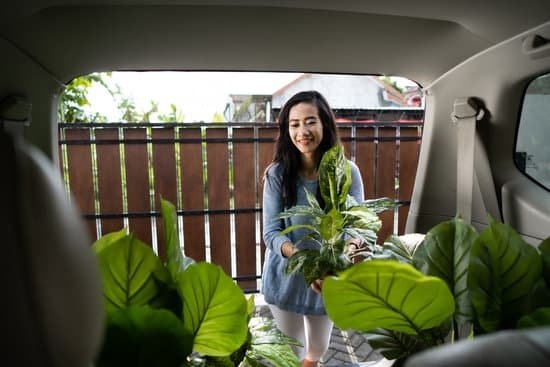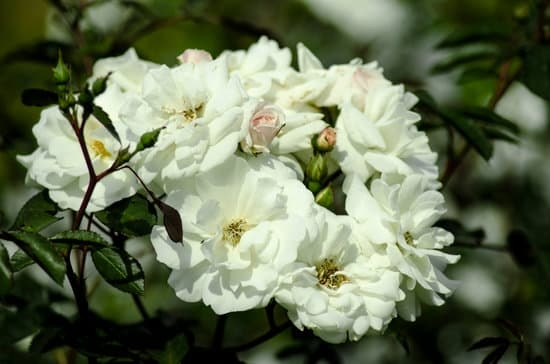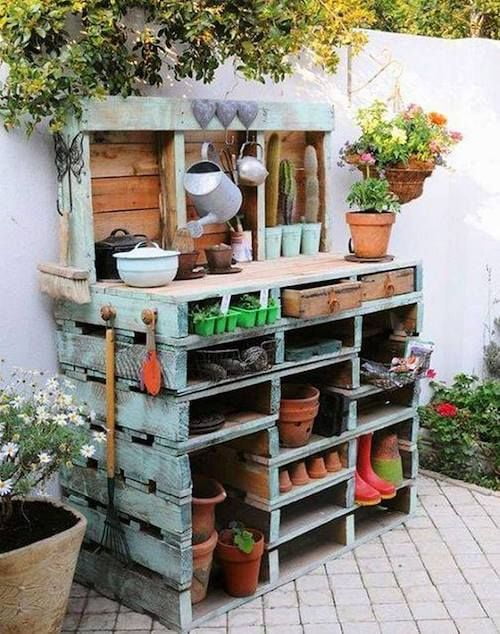Organic Gardening Tips India
Organic gardening is a type of gardening that does not use synthetic fertilizers, pesticides, or herbicides. Instead, organic gardeners rely on natural methods such as composting, crop rotation, and companion planting to keep their gardens healthy.
Organic gardening is not only better for the environment, it can also be more productive and cost effective than conventional gardening. In India, there are many ways to get started with organic gardening, regardless of your climate or gardening experience.
Here are a few tips to get you started:
1. Start with a compost pile. A compost pile is a great way to recycle kitchen scraps and yard waste into nutrient-rich compost that can be used to fertilize your garden.
2. Choose the right plants for your climate. Not all plants thrive in every climate, so it’s important to choose plants that are suited to your region.
3. Use organic fertilizers. There are many different types of organic fertilizers available, so find one that best suits your needs.
4. Use natural pest control methods. There are many different ways to control pests naturally, such as using garlic or chili pepper spray, companion planting, or releasing beneficial insects.
5. Use drip irrigation or watering cans. Watering your plants with a sprinkler can waste water and promote disease, so it’s best to use drip irrigation or watering cans instead.
6. Harvest your crops regularly. Harvesting your crops regularly will help them to grow strong and healthy.
7. Experiment! The best way to learn about organic gardening is to experiment and find what works best for you.
Organic Vegetable Gardening Tips
1. Grow your own vegetables. It’s cheaper, healthier, and more satisfying to bite into a fresh, homegrown tomato or pepper than to buy them at the store.
2. Plan your garden. Decide what you want to grow and where you’re going to put it. You can find plenty of information online or in gardening books to help you get started.
3. Amend your soil. Most vegetables grow best in soil that’s been amended with compost or other organic matter. You can either make your own compost or buy it from a garden center.
4. Choose the right vegetables for your climate. Not all vegetables grow well in every climate. Check with your local garden center to find out which vegetables are best suited for your area.
5. Water your plants. Vegetables need water to grow, so make sure to water them regularly, especially during hot, dry weather.
6. Use mulch. Mulch helps to keep the soil moist and protect it from the sun’s heat. It also helps to suppress weeds.
7. Fertilize your plants. Vegetables need nitrogen, phosphorus, and potassium to grow properly. You can buy a soil test kit from your local garden center to find out what your soil needs and then fertilize accordingly.
8. prune your plants. Pruning helps plants to grow bushier and produces more fruits and vegetables. Be sure to prune correctly, or you could damage the plant.
9. Harvest your vegetables. Don’t wait too long to harvest your vegetables, or they’ll get too big or tough. Harvest them when they’re ripe and at their peak flavor.
10. Enjoy your vegetables. Eat your vegetables fresh from the garden or store them in the fridge to eat later. They’re delicious eaten raw or cooked.
Simple Organic Gardening Tips
Organic gardening is a great way to get in touch with nature, and it has many benefits for your health and the environment. Here are a few simple tips to help you get started:
1. Choose the right plants. Not all plants are suitable for organic gardening, so be sure to choose plants that are suited to your climate and soil type.
2. Mulch your plants. Mulching helps to keep the soil moist and prevents weeds from growing.
3. Compost your plants. Composting helps to improve the quality of the soil and provides nutrients for your plants.
4. Use organic fertilizers. Organic fertilizers are better for the environment and are safe for your plants.
5. Use organic pesticides. Organic pesticides are safer for your plants and the environment.
6. Water your plants wisely. Water your plants early in the morning so that the water can evaporate and the leaves will stay dry.
7. Be patient. Organic gardening takes time and patience, but the results are worth it!
Organic Gardening Tips Planet Naturalplanet Natural
Organic gardening is not a new concept, but the way we garden today has changed. The use of natural and organic methods is becoming more popular as people are looking for ways to connect with nature and improve their health.
Organic gardening is the practice of gardening without the use of synthetic fertilizers, pesticides, or herbicides. It relies on the use of natural methods to build healthy soil and to control pests and diseases.
There are many benefits to organic gardening. It is better for the environment, as it does not pollute the air, water, or soil with chemicals. It is also healthier for you and your family, as you will not be exposed to the harmful chemicals found in synthetic pesticides and fertilizers.
Organic gardening can be done in any type of garden, from a small container garden to a large farm. The key is to build healthy soil and to use organic methods to control pests and diseases.
There are many ways to build healthy soil. One of the most important is to add organic matter to the soil. This can be done by adding compost, mulch, or manure. You can also add organic fertilizers such as fish emulsion or seaweed extract.
To control pests and diseases, you can use organic methods such as crop rotation, companion planting, and natural pesticides and herbicides.
Crop rotation is the practice of rotating different types of crops in the same area each year. This helps to keep the soil healthy and to control pests and diseases.
Companion planting is the practice of planting different types of plants together to help each other. For example, you can plant onions next to carrots to help keep the carrots healthy.
Natural pesticides and herbicides are made from plants and herbs that are safe to use. Some common natural pesticides are garlic, pepper, and soap. Some common herbicides are vinegar and salt.
Organic gardening can be a fun and rewarding way to connect with nature and to improve your health. It is a great way to get started in gardening, and there are many resources available to help you get started.
Organic Gardening Tips Australia
is a blog that is devoted to providing organic gardening tips to Australians. The blog is written by a team of gardening experts who have years of experience in organic gardening.
The blog provides tips on everything from composting to pest control. It also offers advice on choosing the right plants for your garden and how to care for them.
The blog is updated regularly with new articles on organic gardening tips. It also includes a forum where gardeners can exchange ideas and advice.

Welcome to my gardening blog! I am passionate about plants and enjoy sharing my knowledge and experiences with others. In this blog, I will write about everything related to gardening, from tips on how to get started to updates on my own garden projects.





